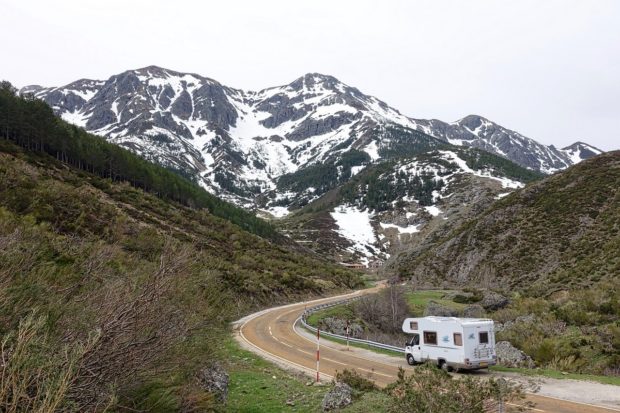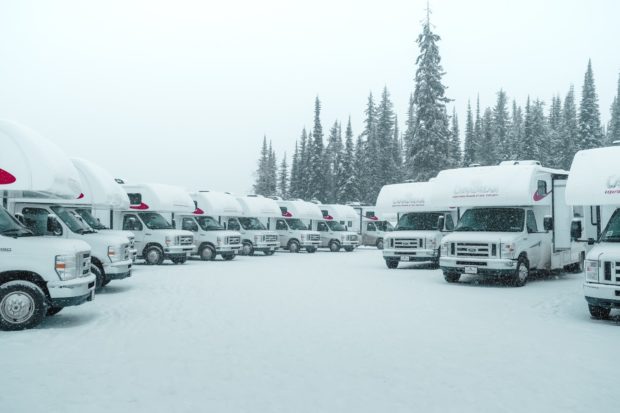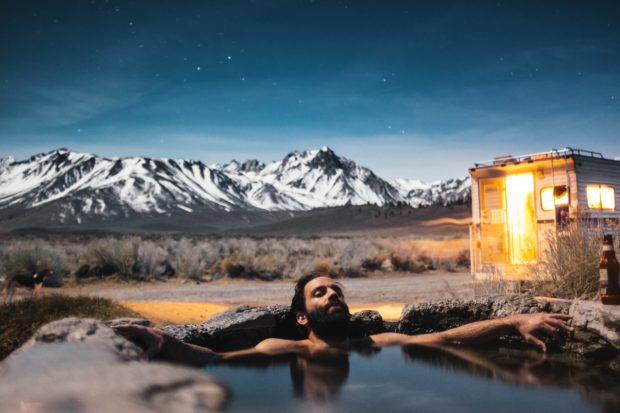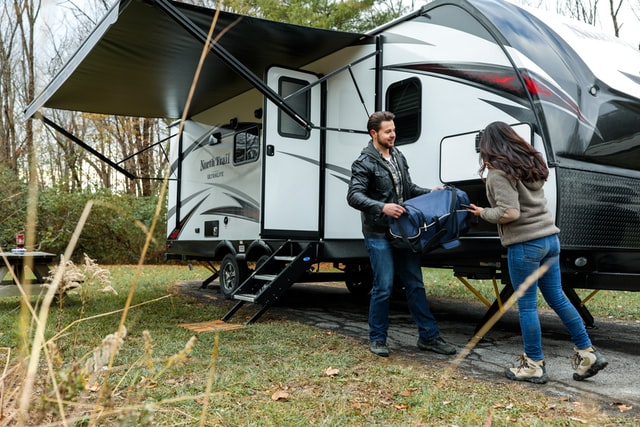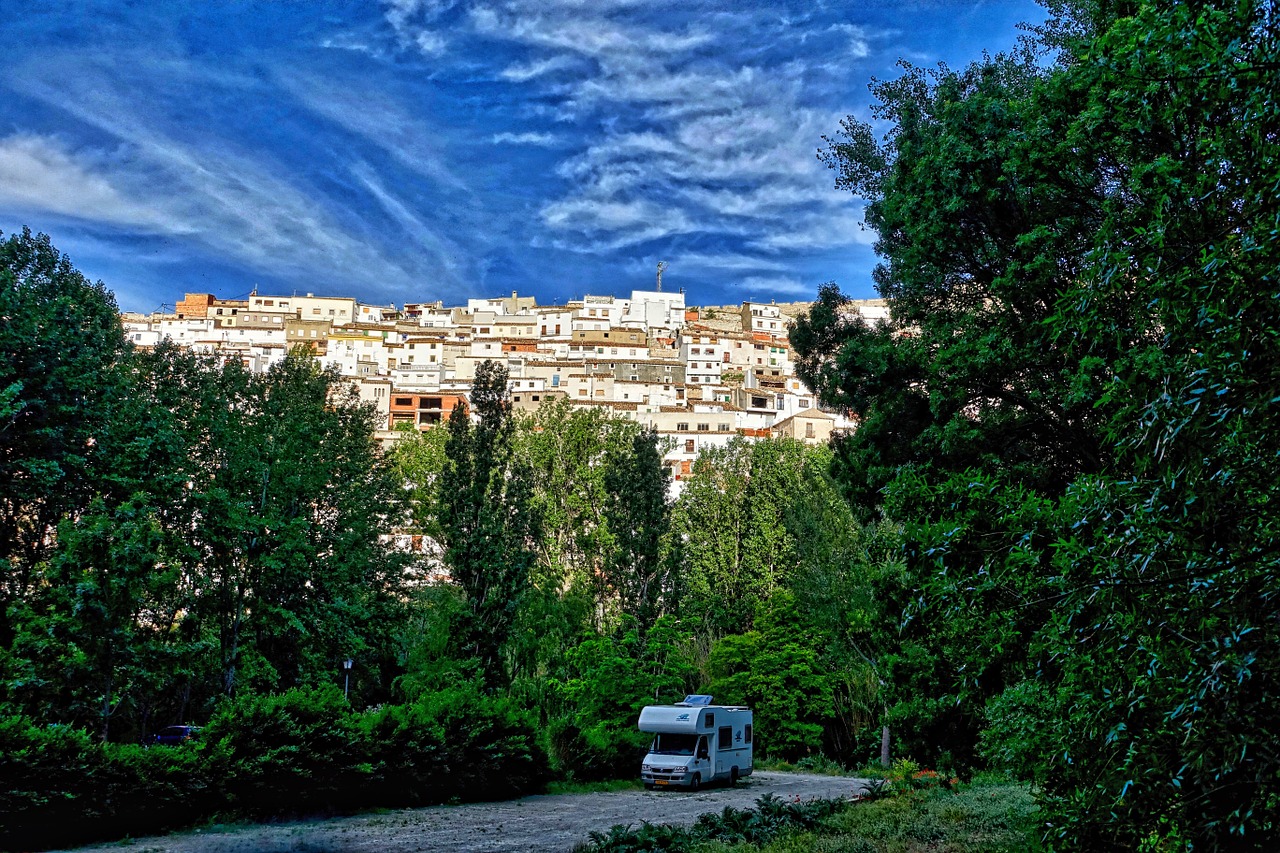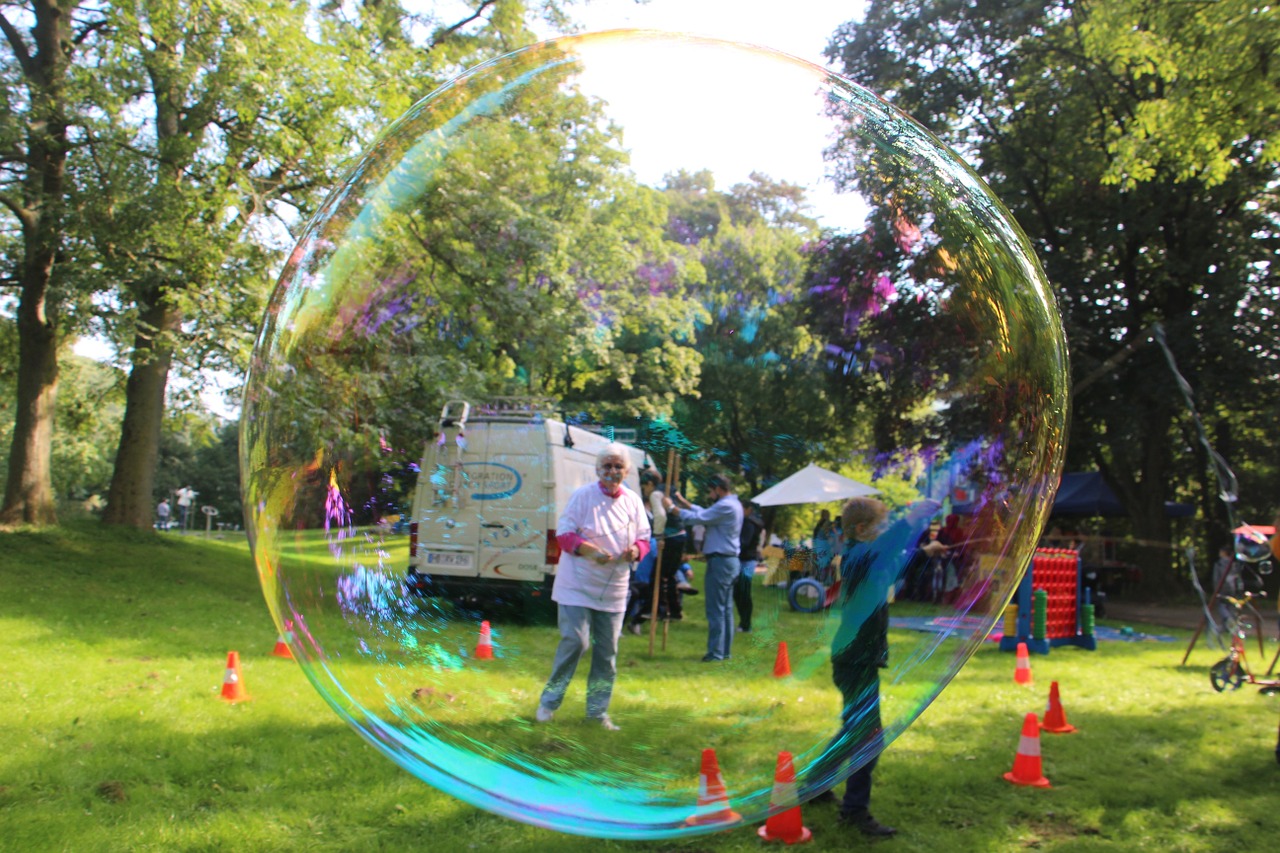Winter-time camping can be peaceful and challenging, all at the same time. When you’re looking to relax, finding a quiet place in the snow to RV takes planning. During the summer, all you need to do is fill your gas tank and go. However, when colder temps set in, there are things you need to do prior to hitting the open road.
Stay Warm
Most RVs are insulated, however, it may not be enough when the temperature drops below zero. To keep both you and your RV toasty, you may want to add skirting. Skirting your RV will add an extra layer of protection for your plumbing and battery.
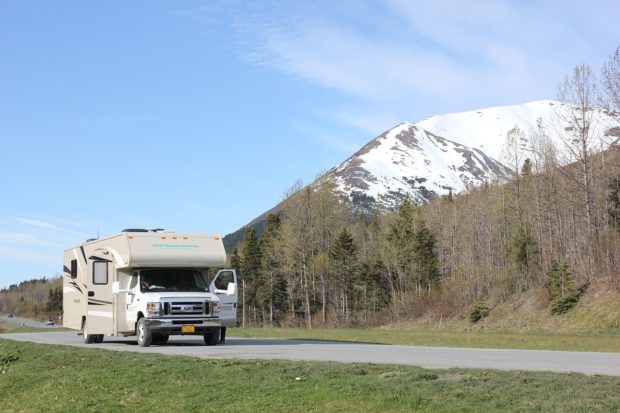
RV windows can lose a lot of heat, even when they’re insulated. Keep the warmth where it belongs by adding additional insulation. You can use bubble insulation, foam boards or even solar blankets. For a final layer of warmth, you can invest in thermal curtains that you use only during the winter.
Buy a Dehumidifier
Being cold and wet can ruin any camping trip. When it’s cold outside and you have the heat on inside your Kitsap RV, you need a way to remove the excess moisture, which is common in small spaces. If not, mold can start to grow, which is another problem within itself. You can use dehumidifier pellets in small areas or buy a high-quality dehumidifier.
Buy a Cover
Covering your vehicle is essential if you want to prolong its life. Covering it will ensure it is not being harmed when not in use. Snow, hail, dust, and other debris can easily harm your vehicle when you aren’t using it. We highly recommend getting a cover for your Camper. There are normally a few different types of covers, some are for indoor storage and others are for year round outdoor storage. They can be a bit expensive, but when you think about how much money repairing your camper costs it is a no brainer. Some people simply put tarps on their vehicles, but it will end up taking a lot of time and possibly not do the best job. Regardless of what you want to use to protect your vehicle, make sure it’s waterproof.
Protect Your Plumbing
Whether it’s in your home or RV, a burst pipe is nothing short of a disaster. You can protect your RV plumbing several ways. First, you can drain your fresh water and take bottled water instead. You can also buy mini space heaters your RV at the right temperature. Finally, if you use water hookups on your RV, you can insulate them with insulated with heat tape.
Camping in the winter can be magical, especially when your RV is prepped and ready. Take the time to prep your RV prior to setting out on your next adventure.
Author Bio
Anita is a freelance writer from Denver, CO. She studied at Colorado State University, and now writes articles about health, business, family and finance. A mother of two, she enjoys traveling with her family whenever she isn’t writing. You can follow her on Twitter @anitaginsburg.

